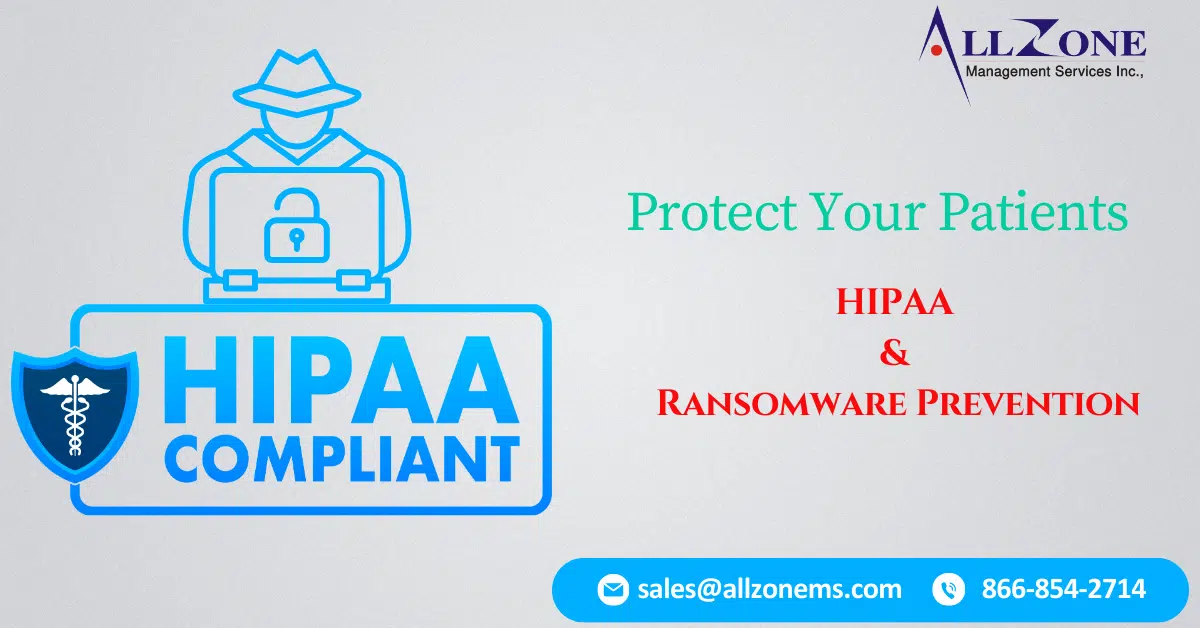Ransomware Attacks and HIPAA Compliance: Protecting Patient Data:
This settlement highlights a growing concern in healthcare: the vulnerability to ransomware and other cyberattacks. While such attacks are challenging to prevent and can often be caused by human error, they don’t necessarily have to lead to additional financial penalties. It’s crucial for healthcare providers to prioritize cybersecurity measures to protect patient data
While ransomware attacks are common, only a few result in settlements. The key factor isn’t the ransomware itself, but rather the organization’s compliance with HIPAA regulations. The recent settlement involved a complaint-driven investigation by the OCR, which uncovered two common HIPAA violations: a lack of a comprehensive risk analysis and insufficient monitoring of electronic personal health information (ePHI). These failures highlight the importance of robust cybersecurity measures to protect patient data.
New HIPAA Privacy Rule: Key Changes and Compliance Strategies:
To prepare for a potential cyberattack, it’s essential to ensure your organization is fully compliant with HIPAA regulations. While the HIPAA Security Rule remains relatively unchanged, the Privacy Rule will undergo significant changes at the end of the year. These updates require additional attention to ensure your organization remains compliant and can effectively respond to any investigations
The new HIPAA Privacy Rule, designed to protect reproductive healthcare privacy, takes effect on December 23rd 2024. This rule introduces new regulations to safeguard patient information related to reproductive healthcare services. It aims to prevent covered entities from disclosing patient or provider information in connection with investigations or legal proceedings where the care was provided lawfully
Preparing for HIPAA Privacy Rule Changes: A Checklist
By the end of the year, regulated entities (covered entities and business associates) must implement the following changes to comply with the HIPAA Privacy Rule:
- Obtain Attestations: For certain uses or disclosures of PHI, regulated entities must obtain written attestations from the requester, confirming that the information will not be used for prohibited purposes. A model attestation is available on the HHS website.
- Revise Request Processes: Update procedures for handling requests for PHI that require attestations.
- Train Staff: Provide comprehensive training to staff, especially those responsible for reviewing and assessing the sufficiency of attestations.
- Update Business Associate Agreements: Review and revise business associate agreements to ensure all parties are aware of their new compliance obligations.
Ransomware: A Growing Threat to Medical Coding Companies
Ransomware attacks pose a significant threat to medical coding companies like Allzone Management Services, as can lead to data breaches, operational disruptions, and financial losses. HIPAA compliance mandates the protection of patient health information (PHI), making medical coding companies particularly vulnerable to ransomware attacks.
If a medical coding company such as Allzone Management Services falls victim to a ransomware attack, sensitive patient data, including medical records, insurance information, and financial details, could be compromised. This can result in substantial fines and penalties under HIPAA, as well as damage to the company’s reputation and trust with clients.
Furthermore, ransomware attacks can disrupt the coding process, leading to delays in billing and revenue cycle management. This can have a severe impact on Allzone Management Services’ financial stability and ability to provide uninterrupted services to its clients.
To mitigate the risks associated with ransomware attacks, Allzone Management Services implements robust cybersecurity measures, including regular backups, strong access controls, and employee training on cybersecurity best practices.

